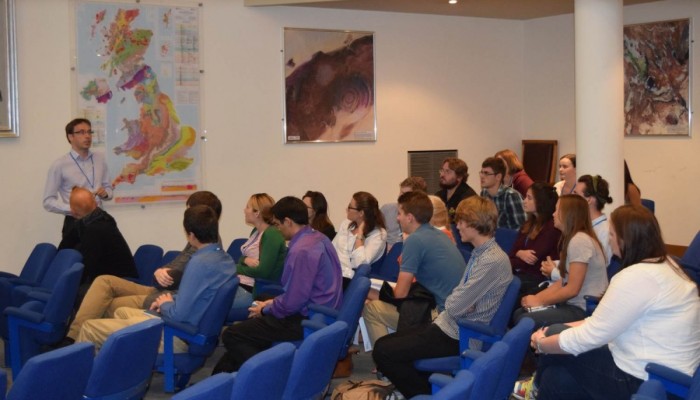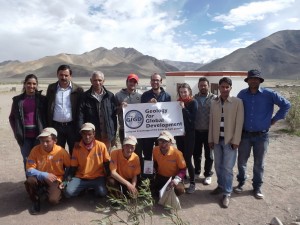
Many geologists will have to, and indeed want to, work overseas at some point in their careers. The global opportunities offered by research and working within the geosciences is a big attraction when deciding to study geology and join the profession. In many cases working internationally will often mean partnering with host-country agencies and industries (e.g., universities, geological surveys, water ministry, volcano observatories, mining companies). These partnerships can fall on a spectrum between fruitful long-term relationships and difficult, fractious relationships. In this latest series of blogs we will explore this theme of best-practice when engaging internationally.
If you read the international development literature, it won’t be long before you come across examples of international cooperation that are praised and those that are heavily criticised, those that impress you and those that make you cringe. Although lessons have been learnt to avoid the latter, mistakes are still being made due to a lack of understanding of best-practice in international development and overseas engagement. While a project may start with good intentions (e.g., wanting to improve a country’s geoscience understanding), the way by which this is done is very important. A project undertaken in the wrong way or with the wrong attitude can be unsustainable or even damaging, no matter how good the initial intentions are.
Given the focus of our work is encouraging young geologists to make a long-term contribution to international development, throughout their careers, this is a really important subject for us to explore. Geologists in research will often be partnering with academics or government institutions overseas. Public sector survey geologists often have counterparts in developing countries that they can work alongside. Geologists in industry will also likely be liaising with others in the host country. Understanding how to make this engagement successful and sustainable is critical to the reputation of our profession and quality of what we want to do.
At the recent Volcanic and Magmatic Studies Group conference in Norwich (UK), there was a really insightful panel discussion on this topic, reflecting on engagement with overseas volcanic observatories. We’ll be writing up some of the emerging themes from that in the near future.
At the next EGU general assembly in Vienna (Austria), we’ll be organising a splinter meeting to get insights and input from a wider range of geoscientists and geoscience disciplines (more information soon).
In addition, today we are taking a group of students from around the UK to the British Geological Survey’s UK headquarters, in Keyworth. The BGS have a fantastic reputation for international engagement, for example through supporting geological surveys in post-conflict states. At our most recent annual conference, Dr Joseph Mankelow (BGS, pictured in our feature image above) spoke to us about his work in Liberia.
During this discussion workshop, we’ll be hearing from a range of BGS staff – including those engaged in hazards, water, urban geoscience, energy and minerals – to hear about the lessons they’ve learnt regarding best-practice and successful collaborations. We’ll also be sharing from our experiences, discussing GfGD’s recent work in Ladakh (India), and some of the student’s in attendance sharing about their work in Vanuatu, Solomon Islands, the USA and Nigeria. Each student attending will be writing up their reflections and we’ll publish those on this blog.
At GfGD we believe this is a really important topic for the geoscience community in the ‘global-north’ to discuss if we are to build meaningful collaborations and partnerships with those in the ‘global-south’ – working together to use geoscience to fight extreme poverty. We welcome any suggestions for good or bad case studies, as well as your thoughts on the topic.

